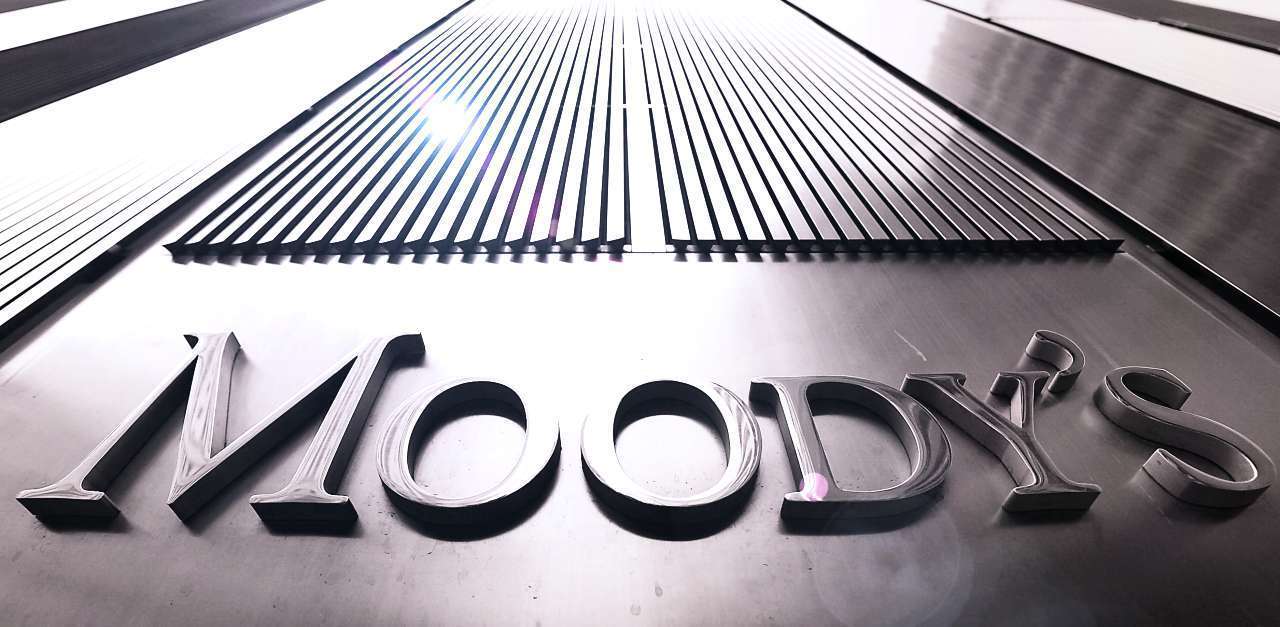Moody’s outlook for APAC corporates remains negative in 2020

Moody’s Investors Service says in a new report that overall credit conditions for APAC non-financial companies will weaken in 2020
• While positive, the US-China trade agreement will not resolve core differences, dampening business sentiment globally
• Easing fiscal and monetary policies by major central banks provide near-term liquidity, supporting credit and financial market stability
Moody’s Investors Service says in a new report that overall credit conditions for APAC non-financial companies will weaken in 2020 amid slowing economic growth, continued trade policy uncertainty and geopolitical disputes.
“Global economic growth will remain lackluster, with growth in the US and China decelerating to 1.7% and 5.8% respectively in 2020,”
CLARA LAU, A MOODY’S GROUP CREDIT OFFICER AND SENIOR VICE PRESIDENT.
And although positive, the first-phase US-China trade agreement will not resolve the core differences between the two countries — in particular on future technology competition.
Thus, policy uncertainty will persist, dampening business and investment sentiment, and adversely affecting the earnings growth and profitability of corporates,” adds Lau.
Central banks to maintain accommodative monetary policies
That said, Moody’s expects major central banks, including the US Federal Reserve, the European Central Bank and the Bank of Japan, will maintain accommodative monetary policies to provide near-term liquidity, supporting growth as well as credit and financial market stability.
Moody’s further expects most rated companies will be better equipped than their industry peers to maintain access to funding and withstand negative economic developments, but funding conditions for weaker companies will tighten.
Ratings with negative implications in Moody’s Asia Pacific non-financial corporate portfolio rose to 17% at the end of 2019 from 10% at the end of 2018.
As a result, the share of ratings with a stable outlook declined to 79% at the end of 2019 from 85% at the end of 2018, a record low since 2016. Across sectors, the automotive industry will be under the most pressure.
• While positive, the US-China trade agreement will not resolve core differences, dampening business sentiment globally
• Easing fiscal and monetary policies by major central banks provide near-term liquidity, supporting credit and financial market stability
Moody’s Investors Service says in a new report that overall credit conditions for APAC non-financial companies will weaken in 2020 amid slowing economic growth, continued trade policy uncertainty and geopolitical disputes.
“Global economic growth will remain lackluster, with growth in the US and China decelerating to 1.7% and 5.8% respectively in 2020,”
CLARA LAU, A MOODY’S GROUP CREDIT OFFICER AND SENIOR VICE PRESIDENT.
And although positive, the first-phase US-China trade agreement will not resolve the core differences between the two countries — in particular on future technology competition.
Thus, policy uncertainty will persist, dampening business and investment sentiment, and adversely affecting the earnings growth and profitability of corporates,” adds Lau.
Central banks to maintain accommodative monetary policies
That said, Moody’s expects major central banks, including the US Federal Reserve, the European Central Bank and the Bank of Japan, will maintain accommodative monetary policies to provide near-term liquidity, supporting growth as well as credit and financial market stability.
Moody’s further expects most rated companies will be better equipped than their industry peers to maintain access to funding and withstand negative economic developments, but funding conditions for weaker companies will tighten.
Ratings with negative implications in Moody’s Asia Pacific non-financial corporate portfolio rose to 17% at the end of 2019 from 10% at the end of 2018.
As a result, the share of ratings with a stable outlook declined to 79% at the end of 2019 from 85% at the end of 2018, a record low since 2016. Across sectors, the automotive industry will be under the most pressure.
The share of ratings with negative implications was 41% at the end of 2019. In 2019, the rating trend for Moody’s-rated APAC corporate portfolio was negative as the trend notably worsened in Q3 2019. There were 128 negative and 48 positive rating actions during the year, of which China (38), India (24) and Japan (21) were the three main contributors, accounting for over 60% of total negative actions.


